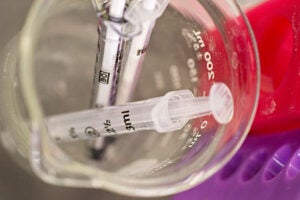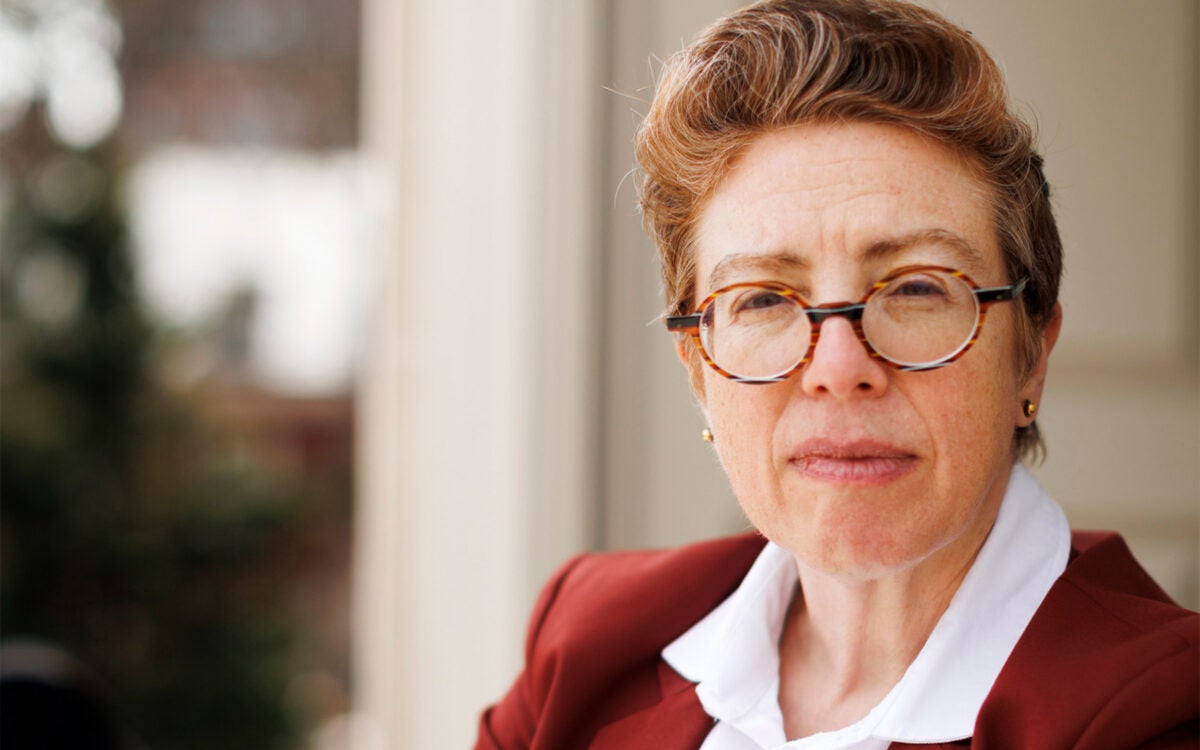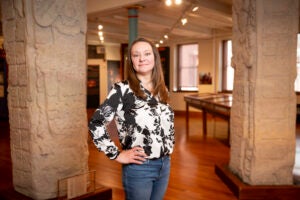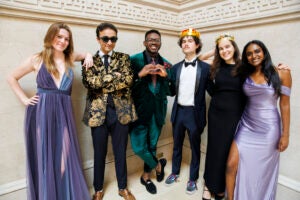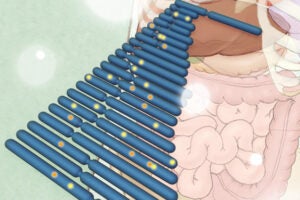Tag: Harvard Medical School
-
Health
How much exercise is enough?
“We found that adding low amounts of physical activity to one’s daily routine, such as 75 minutes of brisk walking per week, was associated with increased longevity: a gain of 1.8 years of life expectancy after age 40, compared with doing no such activity,” explained Harvard Medical School Professor of Medicine I-Min Lee.
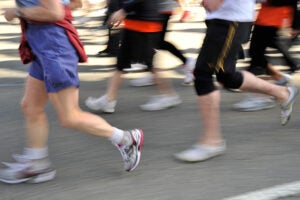
-
Health
Probing sleep’s drowsy mystery
Harvard researchers have worked for years to understand better the familiar mystery of sleep, highlighting not only what happens when we close our eyes, but also the effects on us when we don’t.
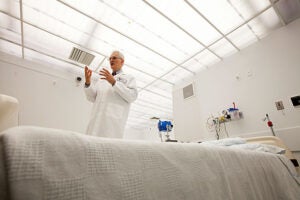
-
Campus & Community
HMS faculty member wins Young Leader Award
The Robert Wood Johnson Foundation (RWJF) announced that Somava Stout of Harvard Medical School and Cambridge Health Alliance is one of 10 winners of its first-ever RWJF Young Leader Award.
-
Nation & World
Coaching tips from Gawande
“The biggest factor in determining how much students learn isn’t class size or standardized testing, but the quality of their teachers,” said Atul Gawande in a Harvard Graduate School of Education talk on ways teaching can be improved through coaching.
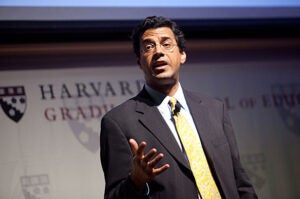
-
Health
A plan to stop cholera’s spread
HMS Professor John Mekalanos, an expert on cholera, suggested Oct. 22 that relief workers and peacekeepers from cholera-endemic countries be treated with antibiotics before serving in cholera-free countries, as a way to avoid a repeat of the post-earthquake cholera epidemic in Haiti, which has killed thousands.
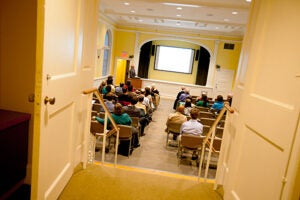
-
Health
Molecular motion in detail
In a critical breakthrough in unraveling how molecular “motors” ferry proteins and nutrients through cells, Harvard scientists have produced high-resolution images that show how the chemical “foot” of dynein — one of the most complex, but least understood such motors — binds to microtubules, the cellular structures it travels on.
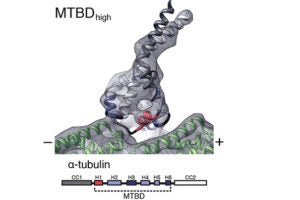
-
Health
The narrative of cancer
Medical experts are coming to see cancer not as a disease of cells or even of genes, but as an “organismal disease,” Siddhartha Mukherjee, author of the Pulitzer Prize–winning cancer history “The Emperor of All Maladies,” told a Harvard Medical School audience on Oct. 11.
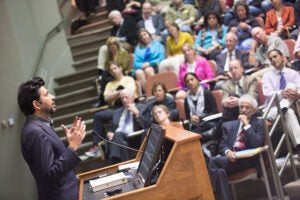
-
Health
Noncancerous cells carry weight
In recent years Harvard investigators have discovered that breast tumors are influenced by more than just the cancer cells within them.
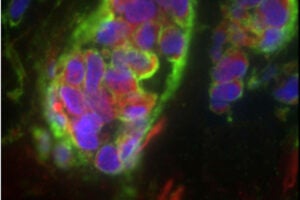
-
Campus & Community
Cortés receives service award
Ernesto Cortés Jr. received the Robert Coles “Call of Service” Award for his efforts to empower people to improve their lives and circumstances.
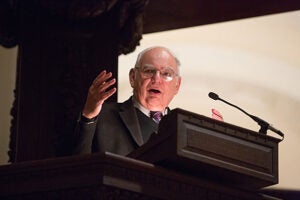
-
Health
Closing the care gap
Models of low-cost, high-quality health care are cause for hope that disparities in treatment between U.S. whites and minorities can be closed, said speakers at a University-wide symposium on Oct. 11.
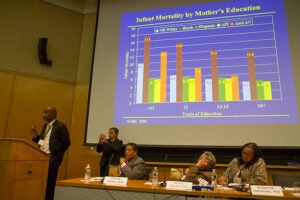
-
Health
Sports head injuries need definitions
A Harvard study of sports programs at Brown University, Dartmouth College, and Virginia Tech finds that the way the head injury commonly called concussion is usually diagnosed varies greatly and may not be the best way to determine who is at risk for future problems.

-
Health
The early days of discovery
A recipient of this year’s Nobel Prize in chemistry investigated the workings of cell receptors, the basis of his groundbreaking research involving the complex process of how the body’s cells communicate and interact, while a young medical resident at Harvard.
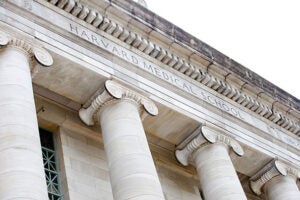
-
Nation & World
A trio of ideas for education
Joel Klein, the former chancellor of the New York City Department of Education, spoke at the Harvard Graduate School of Education on Monday, outlining his plan for a “transformative” approach to the country’s ailing primary and secondary education system.
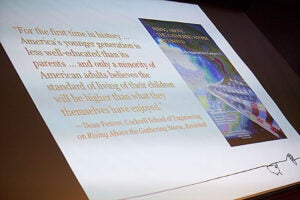
-
Campus & Community
Economist, neurosurgeon win MacArthurs
Raj Chetty, professor of economics, and Benjamin Warf, a neurosurgeon at Children’s Hospital Boston and associate professor at Harvard Medical School, are among 23 recipients of this year’s MacArthur Foundation fellowships, or “genius grants.”
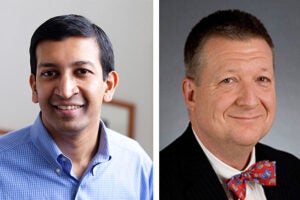
-
Health
Link found between ALS and SMA
Scientists have long known the main proteins that lead to the development of amyotrophic lateral sclerosis (ALS) and spinal muscular atrophy (SMA), respectively. Now research shows that these two motor neuron diseases likely share a pathway that leads to the development of disease.
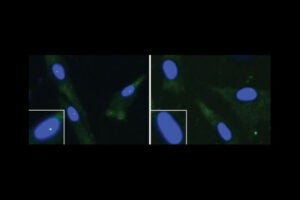
-
Health
Flipping the switch that halts obesity
Flipping a newly discovered molecular switch in white fat cells enabled mice to eat a high-calorie diet without becoming obese or developing the inflammation that causes insulin resistance, report Harvard scientists from Dana-Farber Cancer Institute.
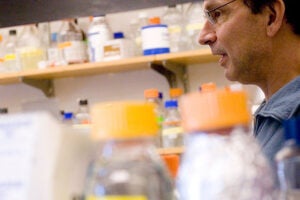
-
Health
Stem cells need recovery time, too
A new study describes the mechanism behind impaired muscle repair during aging and a strategy that may help rejuvenate aging tissue by manipulating the environment in which muscle stem cells reside.
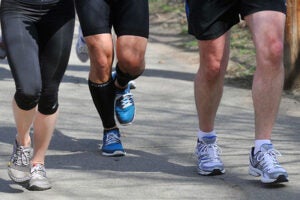
-
Health
Kids are what they eat
Sugary cereals, oversized soft drinks, and quarter-pound cheeseburgers are among the unhealthy food choices kids face daily. Junk food, most of it highly processed, and sugar-sweetened beverages are major contributors to the childhood obesity epidemic.
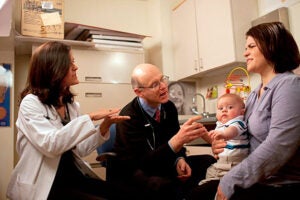
-
Health
Targeting childhood obesity early
With childhood obesity now affecting 17 percent of American children, the nation is rallying around the concept that serious action is required. Harvard researchers have identified some key triggers for obesity in early childhood.
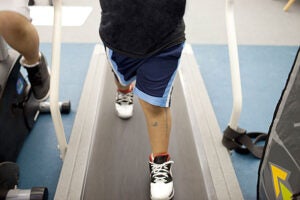
-
Health
Fat fighters found in fat tissue
Researchers at Harvard Medical School and Harvard-affiliated Beth Israel Deaconess Medical Center have found that a type of immune cell plays a role in guarding against obesity, diabetes, and metabolic disease.
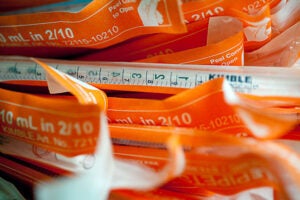
-
Health
Skin cancer detection breakthrough
Researchers at Harvard-affiliated Brigham and Women’s Hospital have pinpointed when seemingly innocuous skin pigment cells mutate into melanoma.
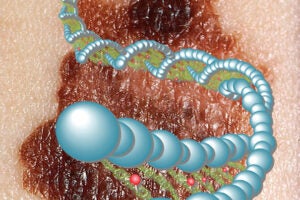
-
Campus & Community
The sharing of the green
At orientation sessions, Harvard’s Schools provide students with information on how to live more sustainably and help the University to reduce its environmental footprint.
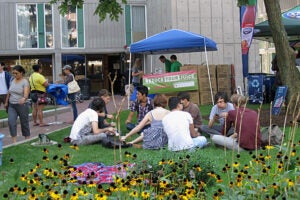
-
Health
Health in the balance
In research, treatment, and outreach, researchers from Harvard Medical School are taking on the childhood obesity epidemic in the United States. This is the first in a three-part series.

-
Campus & Community
No summer lull in learning
It was a busy summer of Harvard-supported learning on campus and in the neighboring communities.

-
Health
Mapping a genetic world beyond genes
Most of the DNA alterations that are tied to disease do not alter protein-coding genes, but rather the “switches” that control them. Characterizing these switches is one of many goals of the Encyclopedia of DNA Elements (ENCODE) project.
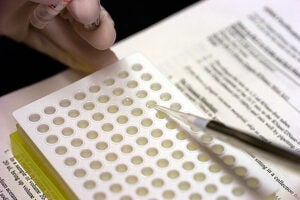
-
Health
Tapping the body to fight disease
Researcher Biju Parekkadan is developing devices that employ cell therapy to help people with organ failure.
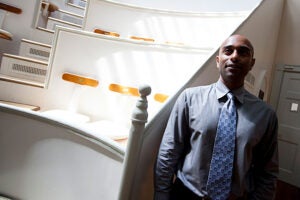
-
Health
Vitamin D’s impact on infection
A study led by Harvard researchers of Mongolian schoolchildren supports the possibility that daily vitamin D supplementation can reduce the risk of respiratory infections in winter.

-
Health
Synthetic future
In the synthetic biology lab of Professor Pamela Silver, researchers are looking for ways to make biological engineering faster, cheaper, and more predictable.

-
Health
CYCLOPS genes an Achilles’ heel in tumors?
Researchers at Harvard-affiliated Dana-Farber Cancer Institute and the Broad Institute of Harvard and MIT used new technology to explore a 19-year-old theory, discovering what may be an Achilles’ heel for cancer cells: essential genes disrupted in the process of becoming cancerous that can be attacked further with drug therapy.
